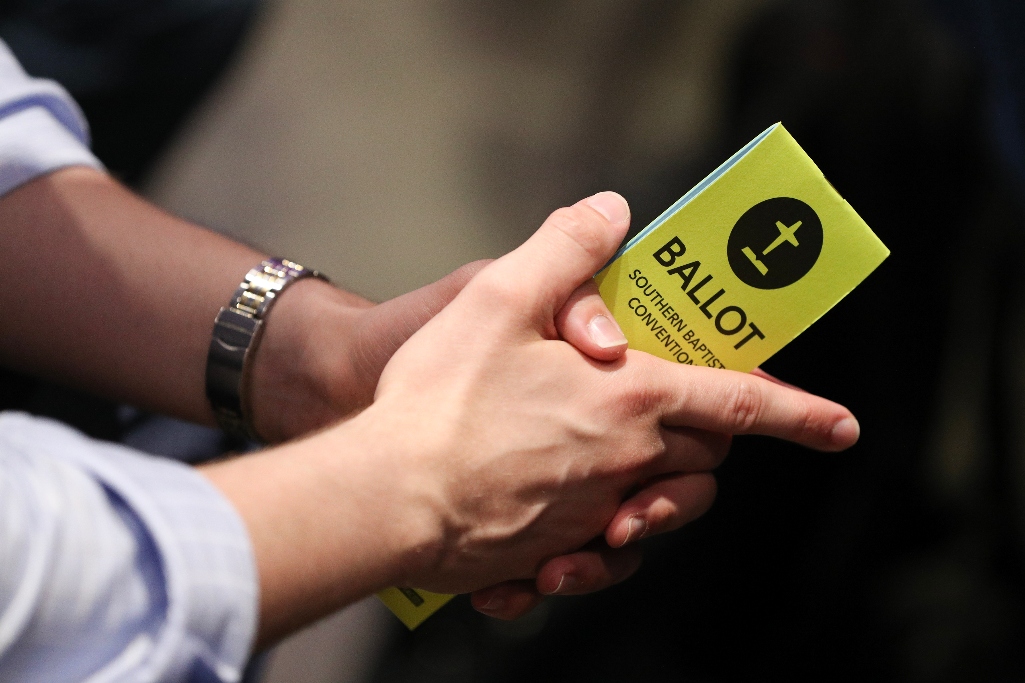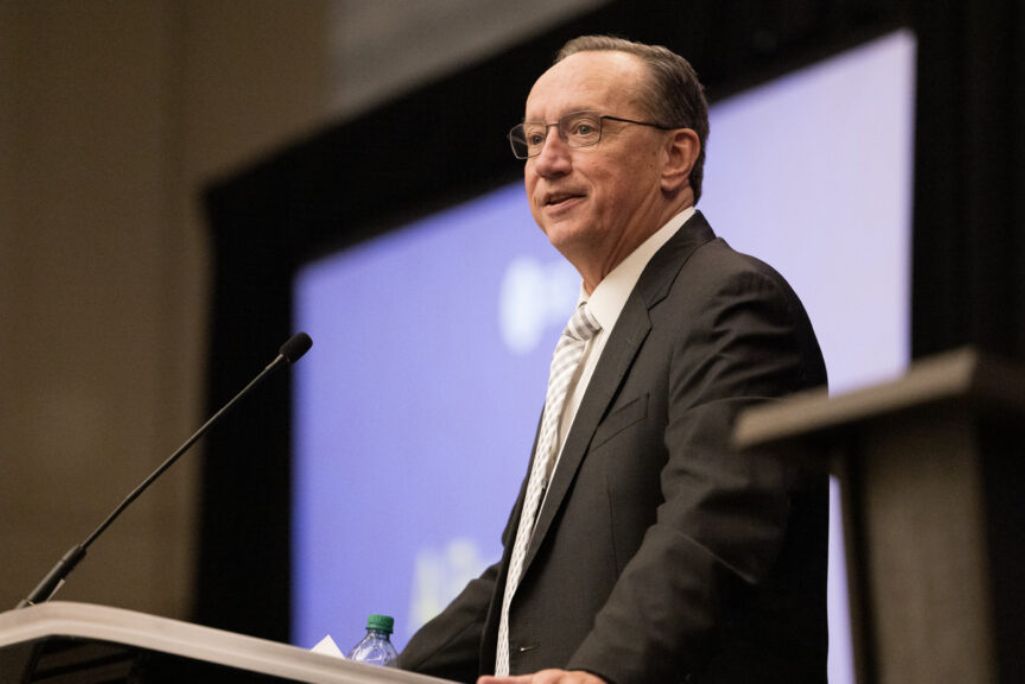It may be difficult to accept, but the SBC is in a serious and accelerating decline. Baptisms, while up in the most recent report to 154,701, are still at a very low level. In fact, the last pre-pandemic number was 235,748 in 2019. Covid-19 can be blamed for some of the decline, but even the 2019 number was problematic in comparison to higher numbers in previous decades. In 1972 SBC congregations baptized 445,725 believers, its highest number ever. In comparison, the 2019 number was well below the high-water mark and represented the eighth straight year of decreases in baptisms.
The SBC is also hemorrhaging members. It has lost 2 million members in 16 years, 1.1 million of them in the last 3 years. To put that in context, the Presbyterian Church (PCUSA) has about 1.19 million members. In other words the SBC has lost the near equivalent of an entire denomination in three years.
So, the SBC has a serious problem, and the problem must be addressed.
Winston Churchill was fond of saying generals are always prepared to fight the last war, and it seems some SBC leaders are preparing to re-fight the conservative resurgence. Listening to the some of the rhetoric of the Conservative Baptist Network (CBN), you would think the date is 1991 not 2022. The CBN is bemoaning denominational drift and liberalism in SBC pulpits and seminaries as if Amy Butler were suddenly in the pulpit at FBC Atlanta or if John Cobb were teaching at Southwestern Baptist Theological Seminary.
Yes, denominational drift is something to take seriously. Denominational drift, however, cannot be what is causing the current SBC decline. The purported drift is of recent origin and the decline is longstanding.
The alleged drift has had a scant effect on SBC pulpits. While there may be some liberals in SBC pulpits, they are few in number. There are very few SBC pastors who would self-identify as a liberal. There are also very few SBC pastors who could be legitimately described by others as liberal. If increasing liberalism affecting the pulpit is the cause of the decline, then there would have to be many more progressives in the pulpit. There are, however, not very many.
Further, our seminaries are in the hands of committed conservatives who adhere to the 2000 Baptist Faith and Message. If there are liberals in our seminaries, they have to hide their views in order to maintain their status. Labeling Mohler, Greenway, Aiken, Dew, Iorg or Allen as liberal is simply not credible.
In short, a rekindled liberalism is not the cause of the SBC’s decline. No, the problems with the SBC are not those that can be solved by increasing the denomination’s conservativism. The SBC is already conservative and is not likely to change. No, the SBC’s decline is not primarily theological in nature. The decline is caused by practical issues.
Consider the modest rebranding effort of the SBC, “We Are Great Commission Baptists.” In one sense, the slogan is effective. It can rally SBC congregations and individuals to recall why there is an SBC in the first place: to share the gospel. In another sense, the slogan is not helpful at all. People who have no connection to faith will likely have no idea what the Great Commission is. Some, for that matter, will have no idea what being Baptist means. The slogan does a fine job reaching those who know the scriptures but will likely mystify those with no faith connection. The slogan is designed for insiders, not those who do not know the gospel. It is the gospel equivalent of NASCAR saying, “rubbing is racing.” Only insiders would understand.
The SBC is dealing with a culture to whom it no longer seems relevant. The SBC can certainly condemn the culture, but those who are not part of the faith quickly tune the SBC out. Communicating to those who are outside the faith and have absorbed modern culture is very difficult to be sure. For the SBC to survive, it has to communicate the gospel much more effectively to the culture around it than it seems to be able to do currently.
The SBC also has to find a way to communicate the gospel to a generation of people who have heard just enough of the gospel to reject it. Their knowledge of the scriptures is limited, and their impression of the SBC is jaundiced. Many of them have chosen to reject the Bible as a guide and reject most Biblical limits on their personal behavior. How should the SBC communicate the gospel to them? At this point, the SBC seems to have no plan other than to do more of the same with more intensity. As the data show, the old methods are becoming less effective. The returns are diminishing. Stem winding sermons and red-hot rhetoric from the SBC meeting will not change this fact. To change the outcome, a new way of reaching people must be found.
Another significant problem the SBC faces is the loss of its young. According to Lifeway Research, a full 66% of teenagers leave the church for at least a year, and 69% of them never come back. While the data do seem to show some improvement over the previous year, the number remains staggering. No organization can sustain those kinds of losses forever.
To have a good future, the SBC also must find a way to do what is right in the sexual abuse scandal. The Guidepost report is a horrifying read, and the SBC must make substantial changes in light of it.
There must also be accountability for the leaders who turned a blind eye, for those who enabled abusers and for those who fought transparency. The ones who knew of the list of abusers the Executive Committee maintained and said nothing must be held accountable.
Communication scholars note when there is a crisis, organizations should get all the bad news out first. If the SBC would heed that advice, it would give the sense those in charge are no longer hiding information or protecting abusers. It also would be a good start at regaining moral credibility.
The SBC now faces challenges unlike it has ever faced before and fighting the last war will not solve them. Now is the time for the SBC to become innovative. The SBC’s leaders need to rethink every program and process, every board and body. Those structures that are working need to be expanded. Those that are not should be eliminated or repurposed.
Easy solutions to difficult problems are magical thinking. For the SBC to fulfill its mission, it must be innovative, flexible, learn to communicate the gospel to modern culture and regain its moral credibility.
(EDITOR’S NOTE – Layne Wallace, D. Min., Ph.D. is the senior pastor of Rosemary Baptist Church in Roanoke Rapids, N.C.)


